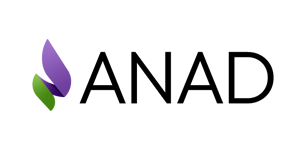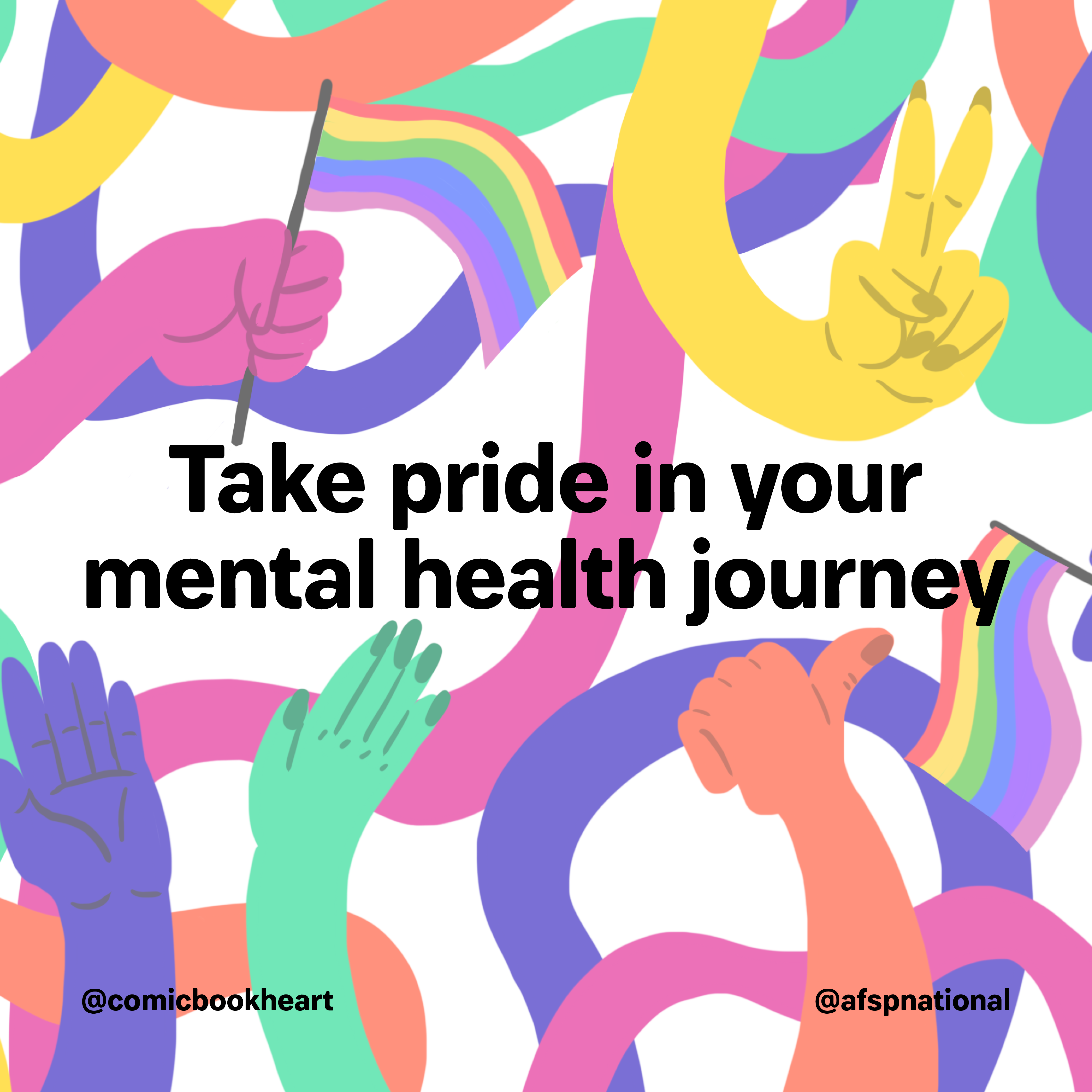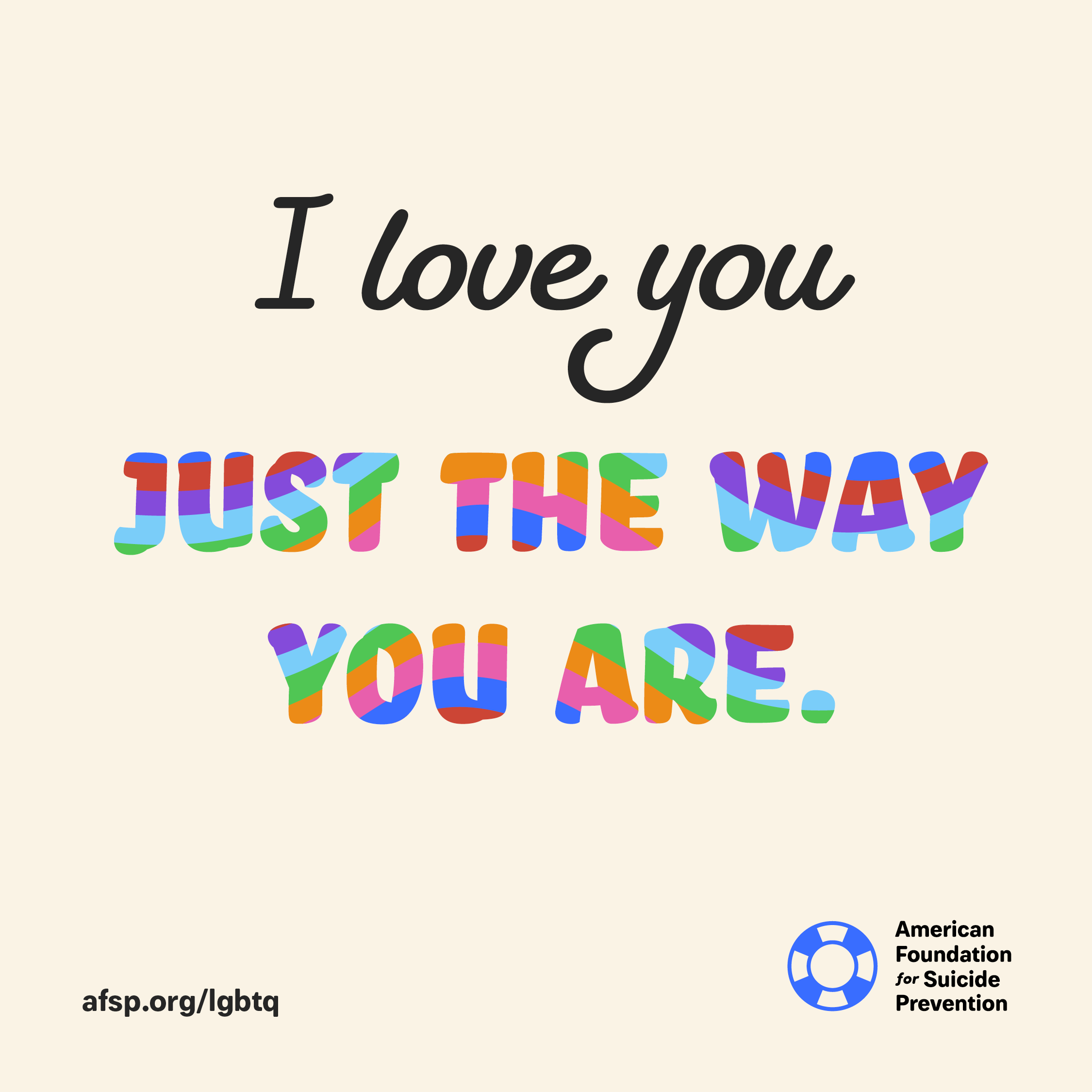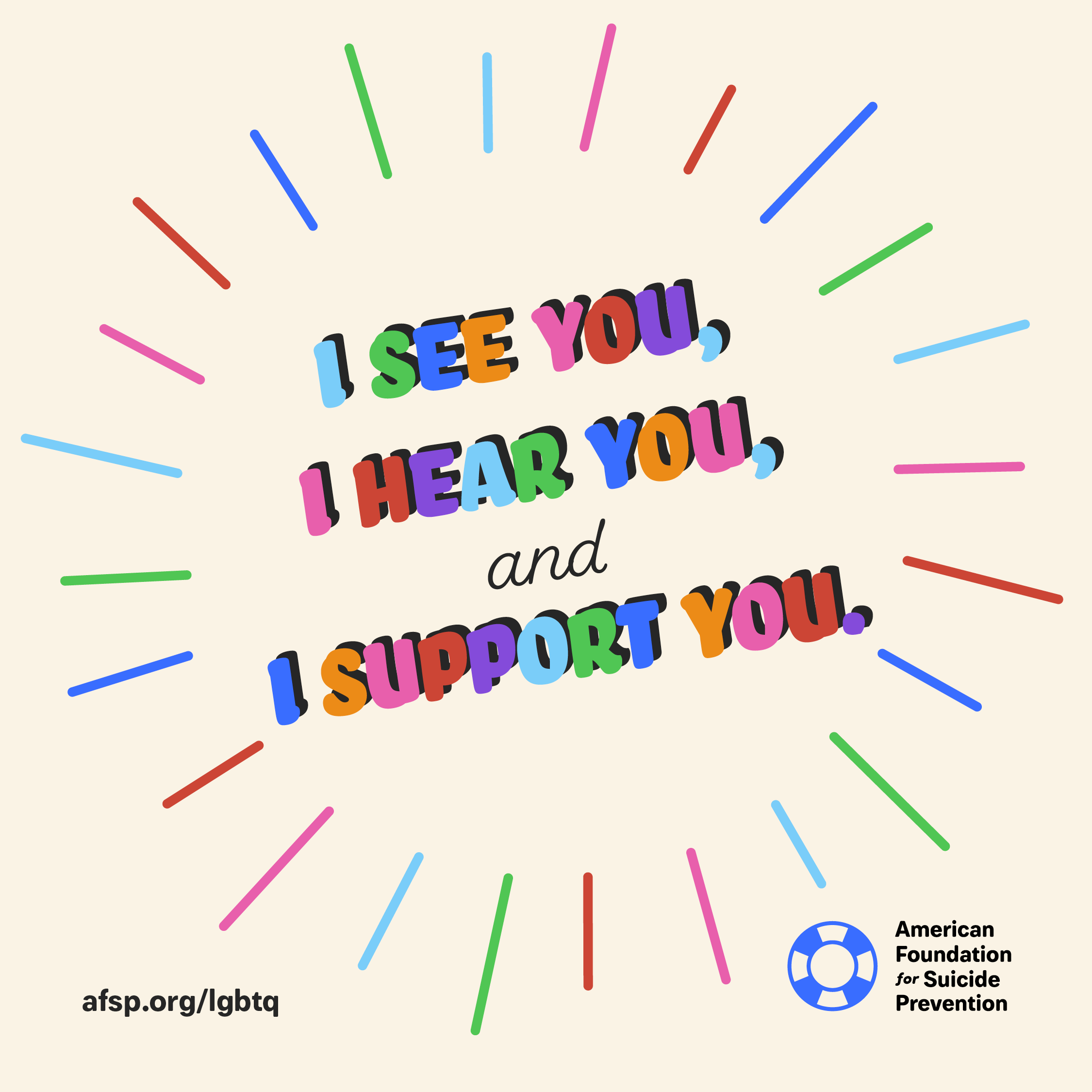LGBTQIA+
Eating Disorders
Dallas County Health and Human Services - 2377 N. Stemmons Freeway, Dallas, TX 75207
Telephone: 214-819-2000
Eating disorders impact people of all genders, races, and backgrounds. However, members of the LGBTQIA+ community are at higher risk, with LGBTQIA+ youth being 3x more likely to experience an eating disorder when compared to their straight peers. Higher rates of discrimination, body image pressures, and trauma contribute to these disparities. Eating disorders are complex mental health conditions, not lifestyle choices. This page is dedicated to increasing awareness, reducing stigma, and connecting LGBTQIA+ individuals to supportive resources.
 |  |  |
Eating Disorder Helpline:
Call this helpline for emotional support and referrals: 1 (888) 375-7767
Anorexia Nervosa
Anorexia nervosa involves severely limiting food intake, leading to dangerously low body weight. People with anorexia often have an intense fear of gaining weight, a distorted view of their body, and a strong desire to be thin, even when they are underweight or malnourished.
Bulimia Nervosa
Bulimia nervosa involves episodes of binge eating (eating large amounts of food in a short time with a loss of control) followed by behaviors to “undo” the binge (like vomiting, excessive exercise, or fasting). People with bulimia may fall within the normal range for their weight, but still have an intense fear of gaining weight and dissatisfaction with their body.
Binge Eating Disorder
Binge eating disorder involves regularly eating large amounts of food in a short time while feeling out of control and distressed. Unlike bulimia, these episodes are not followed by purging or excessive exercise. As a result, people with this eating disorder may become overweight, though the core issue is emotional, not just physical.
Avoidant/Restrictive Food Intake Disorder (ARFID)
Avoidant/Restrictive Food Intake Disorder (ARFID) involves avoiding certain foods or eating very little due to sensory sensitivities (like texture or taste) or fear of negative outcomes (such as choking or vomiting). Unlike other eating disorders, ARFID is not related to body image. It often begins in childhood but can occur at any age. It may lead to weight loss, poor growth, or nutritional deficiencies.
- For more detailed information on eating disorders, click here.

National Association of Anorexia Nervosa and Associated Disorders (ANAD)
A free peer support community that is here to help anyone struggling with an eating disorder.

National Institute of Mental Health: Eating Disorders
Provides educational resources on eating disorders.

Project Heal
A program dedicated to promoting social, mental, and physical well-being for people with eating disorders across the U.S. They bridge the gap in eating disorder treatment by expanding access to mental healthcare, empowering communities, and reinforcing the support systems essential for lasting recovery.



QUICK LINKS
LOCATIONS
EMPLOYEES
-
You must be on the network to see these links.





